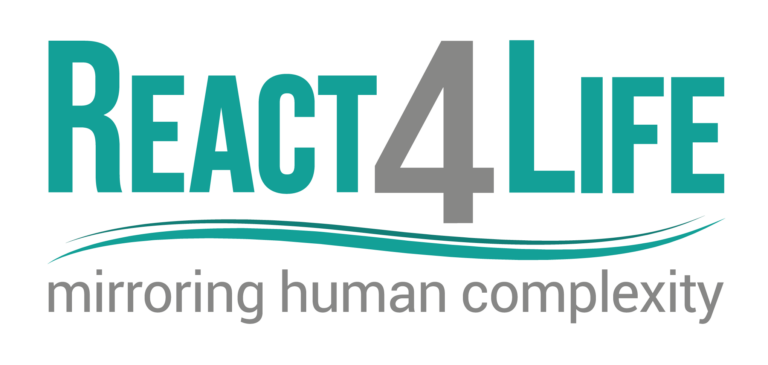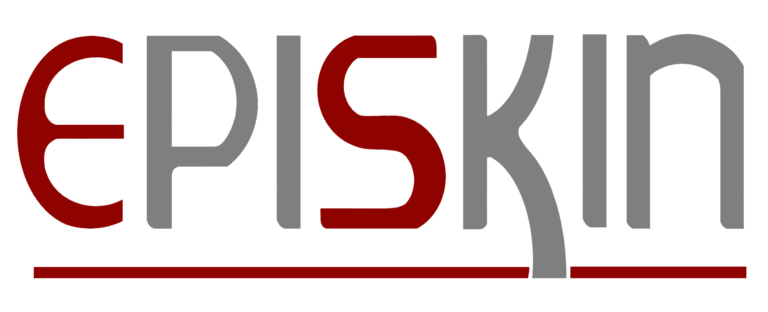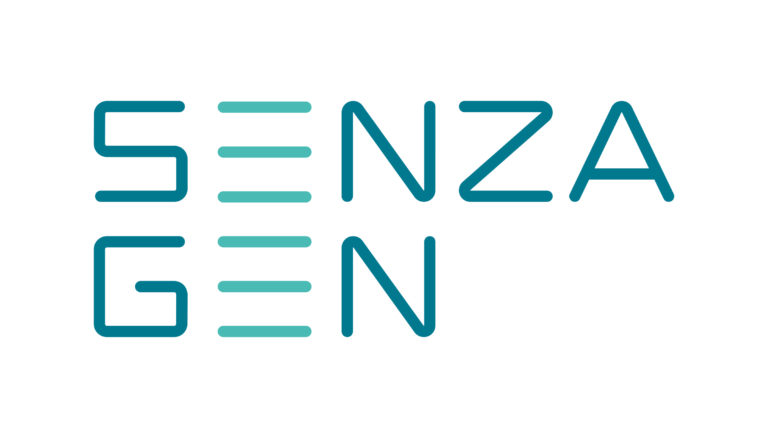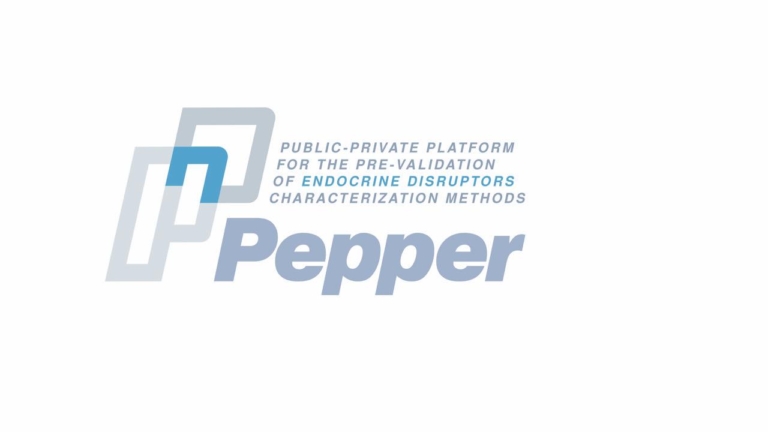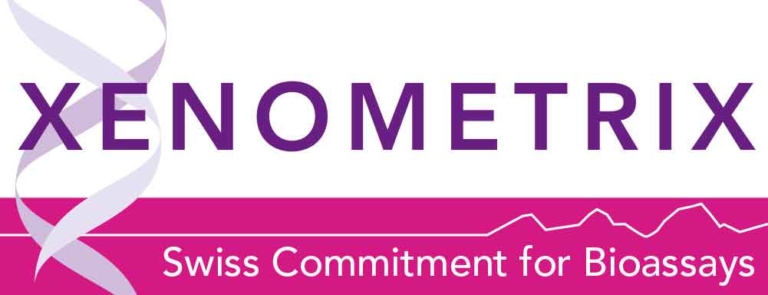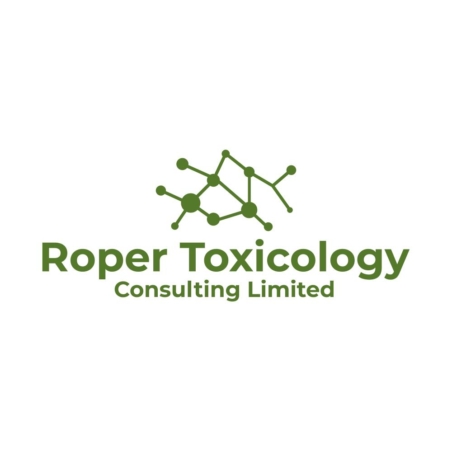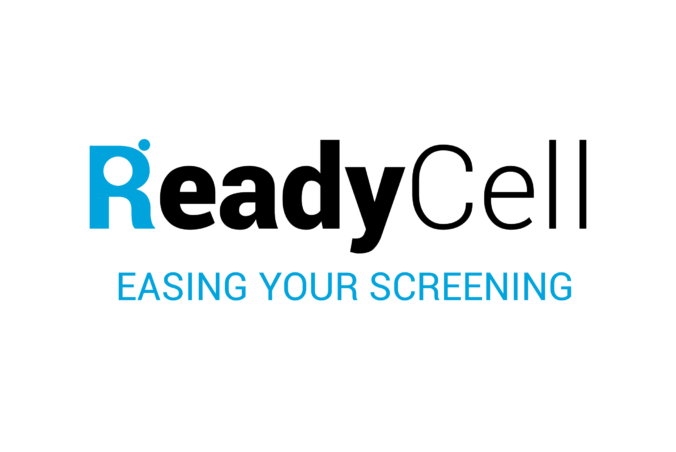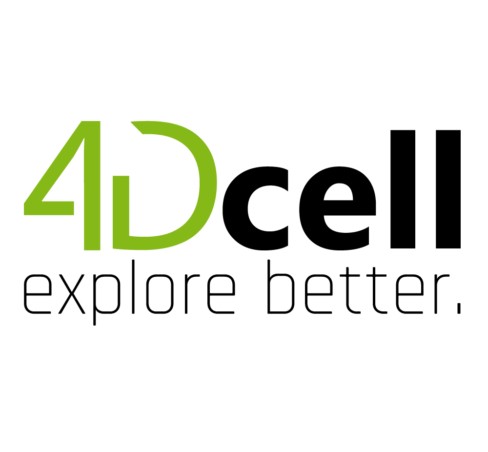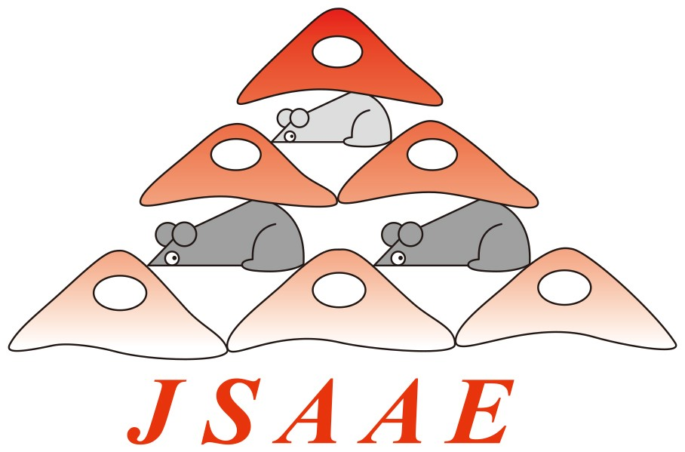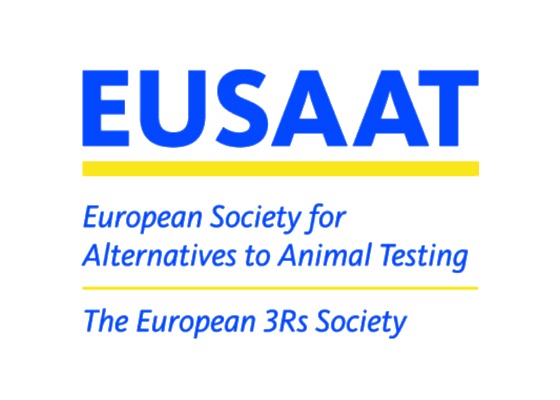Thursday, July 28, 2022
1:00-2:00pm EDT
Guidance for increasing confidence in Physiologically Based Kinetic models … are we ready for a regulatory change?
Alicia Paini, PhD, ERT, esqLABS GmbH
Physiologically based kinetic (PBK) models are routinely applied in several sectors, including academia and industry, as a means of integrating data on absorption, distribution, metabolism, and excretion (ADME) in humans and animals to predict whole-body biokinetic behavior. Use of these models has increased, especially in conjunction with emerging alternative methods to animal testing, now called new approach methodologies (NAMs). Experimental information derived from NAMs can be used as input for model parameterization and allows for increased confidence in models for chemicals that are lacking in vivo data for model calibration and evaluation. Despite significant advancements in good modelling practice (GMP) for model development and evaluation, there remains some reluctance among regulatory agencies to use such models during the risk assessment process. To fill this gap the Organisation for Economic Cooperation and Development (OECD) published a guidance document (GD) describing a scientific workflow for characterising and validating PBK models developed using NAMs data and with a lack of in vivo data for model evaluation. The GD provides an assessment framework for evaluating these models, with emphasis on the major uncertainties underlying model inputs and outputs. To help end-users develop and evaluate a PBK model for regulatory purposes, the document includes a template for documenting the model characteristics, and a checklist for evaluating the quality of a model. It was designed to facilitate the dialogue between model developers and risk assessors. The following presentation will highlight the principles, criteria and tools laid out in the OECD PBK model GD, with insight into the journey that lead to this document.
Implementing Good In Vitro Method Practices (GIVIMP) as a Quality Standard in a Laboratory
Amanda Ulrey, Institute for In Vitro Sciences, Inc. (IIVS)
Over the past several years science has put renewed energy into improving the reproducibility of data. There are many articles, strategies, and tools to help with this that are specific to the field of in vitro toxicology, such as systematic reviews of published work (and tools to help educate on how to perform them), publishing Good Cell Culture Practices (and GCCP 2.0), improvements made to the method validation process itself, and increased acceptance and use of in vitro methods within the Good Laboratory Practices (GLP) quality system. Another tool for improving the reproducibility of in vitro work is the implementation of the practices described in the OECD’s guidance document Good In Vitro Method Practices, or GIVIMP. The GIVIMP guideline is applicable to academic laboratories developing new alternative methodologies, established laboratories participating in validations and performing routine in vitro studies, and industry laboratories intending to submit in vitro data to regulatory agencies. These diverse types of institutions have different capabilities for developing and instituting quality systems that adhere to published recommendations while also suiting the unique operational environment of their facilities. This webinar will provide examples of and share a practical strategy for using the GIVIMP document to assess current laboratory processes and increase the reliability and robustness of work performed within a facility. GIVIMP has been used to prioritize areas of focus for building new and expanding existing good quality practices within the laboratory.
 The ESTIV Members Area
The ESTIV Members Area